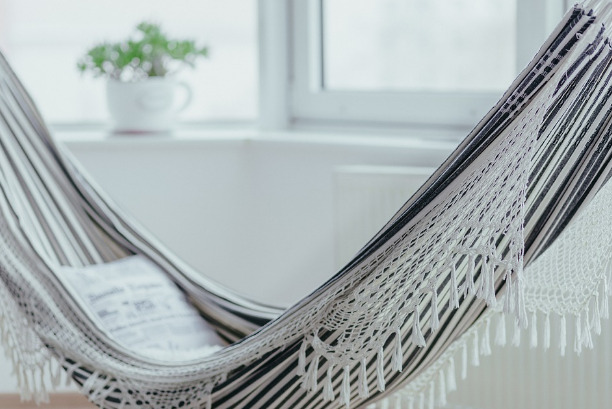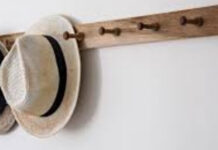Just because Napping Day was on March 15th doesn’t mean you shouldn’t consider including napping in your regular routine.
This year, National Napping Day was marked on March 15th and it was the perfect day to help you recuperate from “springing forward” and losing one hour of sleep by setting the clock one hour forward. But, napping has many scientific benefits that make it worthy to be considered as healthy habit for any given day.
1. What Is National Napping Day
National Napping Day was created in 1999 by a Boston University professor and his wife to spread awareness on the importance of getting enough sleep and its benefits. The actual date was chosen because studies have shown that people are sleep deprived after daylight savings changes. The holiday was meant to help make up for the amount of sleep lost when the hour changes.
But, even before the holiday was created, the Spanish were known for their afternoon ‘siesta’. Moreover, afternoon naps go way back to the Ancient Greeks who did it regularly during hottest parts of the day, followed by Ancient Romans who prescribed naps for medical purposes. These modern times view upon naps as luxuries most of us cannot afford yet back then, they were a necessity and people were way less busy.
2. Pros and Cons of Napping
Napping is actually scientifically proven to be better for you than coffee or energy drinks.
It’s super healthy
Increased awareness, brain performance and lower stress levels are just some of the benefits that naps provide us with. People who nap regularly are at reduced the risk of heart disease and heart related death so there are really many important reasons to love naps.
You will feel less tired and more alert
A quick power nap can energize you far more than caffeine. A NASA study showed that a 40-minute nap improved astronauts’ and pilots’ performance by 34 percent and their alertness by as much as 100 percent.
It improves our mood
When we are sleep deprived or tired, we are prone to mood swings and irritability. A short nap can be all that it takes to feel better as you will wake up with a new mindset.
It helps us relax
Stress is the new smoking. There are far more people who are sleep deprived than those who maintain a healthy sleeping schedule. All it takes is 20-30 min and you will feel refreshed to go back to your crazy schedule.
On the other hand, a nap longer than 30 minutes can do you more harm than good. A long can make you even more tired than you were before, groggy and disoriented. Also, if you nap too close to your bedtime,
3. Tips for More Restful Sleep
Science has proven that sleep is vital for our physical and mental health.
Design a pre-bed routine
Disconnect from device and unplug. Make a soothing bath or do some relaxation exercises. Have a cup of chamomile, valerian or Passiflora tea that promotes sleep.
Create a sleep-friendly ambiance
Spray your sheets with pleasant aromas such as lavender. Get a high quality pillow and mattress so your spine can relax. Avoid the light disruption by investing in blackout curtains that can help to block out light and insulate your room. The perfect temperature will help you sleep better and cut your Dominion Energy costs. Above all, cultivate peace and quiet before bedtime. Your bed needs to be reserved only for two things: sleep and your partner.
Make a sleep schedule and stick to it
Accustom your body to a healthy sleeping routine by waking up and going to bed at fixed times. Stick to them even during weekends. You need to budget time for sleep and that means building 8 hours of sleep into your schedule. Use naps as prescribed above.
TakeawayEven though National Napping Day was created more than two decades ago, it still doesn’t have actual recognition as an official national holiday. You can also get information on December Global Holidays. Although it isn’t technically a real holiday, who doesn’t love a reason to nap and get to celebrate it in style, especially if you aren’t able to incorporate it into your daily routine. We all need to let ourselves hit the ‘snooze-button’ and pause from being caught up in our busy lifestyles every once in a while – our health depends on it. Just remember that the key to a healthy nappy is timing as an ideal nap ends right before you hit the REM cycle or “deep” sleep so make sure it does not last longer than 20 to 30 minutes


















